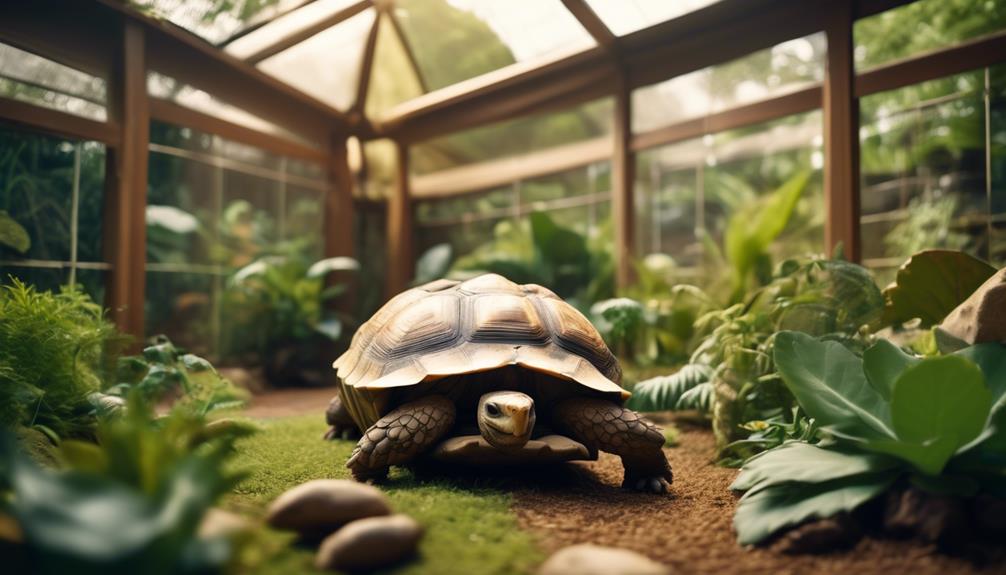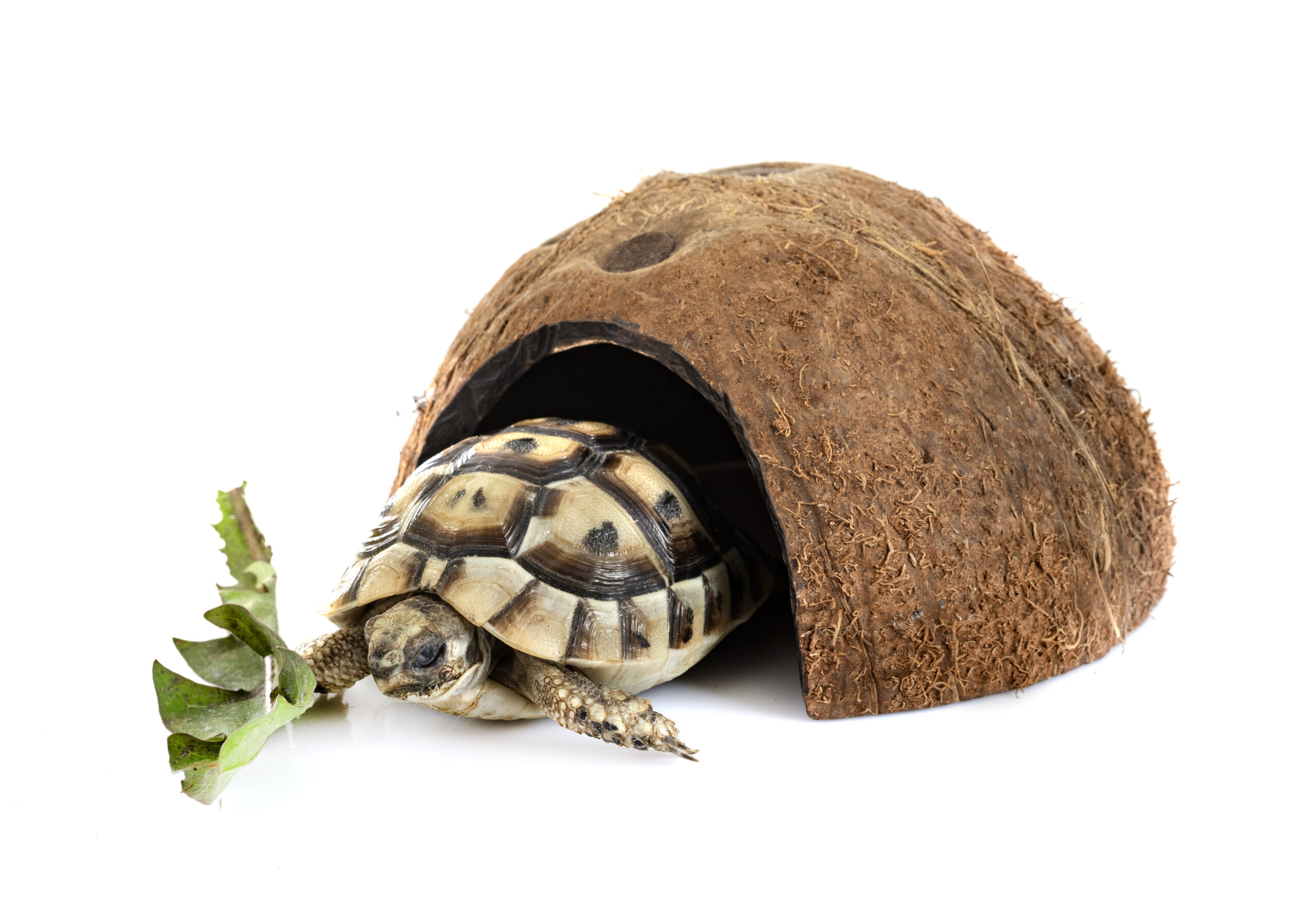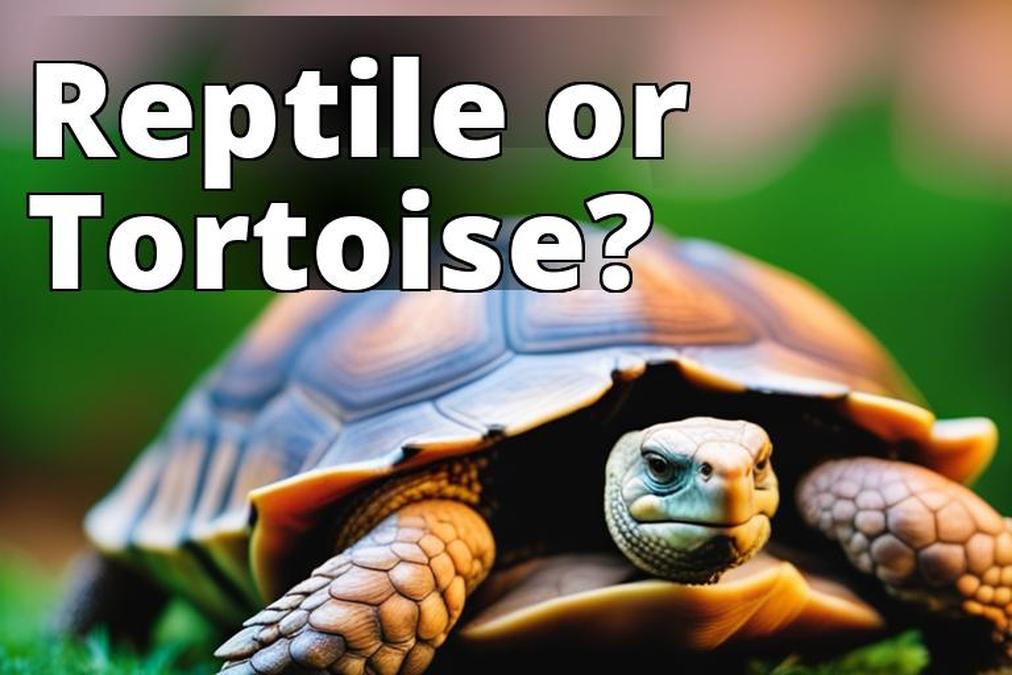Are you considering getting a tortoise as a pet, but not sure which breed is the best tortoise as a pet is right for you? Tortoises are fascinating animals that can make great pets, but choosing the right breed and providing the necessary care can be challenging. In this article, we will discuss the best tortoise breeds to keep as pets and their care requirements.
Types of Tortoises
The most popular tortoise breeds that are commonly kept as pets are the Russian tortoise, the Hermann’s tortoise, the Sulcata tortoise, and the Leopard tortoise. Each breed has its unique characteristics that make it suitable for different pet owners.
- Russian tortoise: A small tortoise breed that is easy to care for and has a calm temperament. They are great for beginners and can live up to 40 years.
- Hermann’s tortoise: A friendly breed that is easy to handle and ideal for children. They can live up to 50 years and require a similar diet to the Russian tortoise.
- Sulcata tortoise: A larger breed that requires more space and is better suited for experienced pet owners. They can grow up to 200 pounds and live up to 100 years.
- Leopard tortoise: A unique breed with a patterned shell and gentle nature. They require a similar diet and habitat as the Russian and Hermann’s tortoise.

Best Tortoise Breeds for Pets
- Tortoises make great pets and are quite popular.
- The article highlights different types of tortoises, their temperament, diet, housing, and care requirements.
- It also provides a detailed description of the best tortoise breeds for beginners.
Best Tortoise Breeds for Beginners
For first-time pet owners, it is important to choose a tortoise breed that is easy to care for and has a friendly temperament. The Russian and Hermann’s tortoise are great options for beginners. Both breeds are small and easy to handle, making them ideal for children.
Russian tortoises are herbivores and require a diet of leafy greens, vegetables, and fruits. Hermann’s tortoises are also herbivores and need a similar diet. Both breeds require a habitat with a basking area, hiding places, and a substrate that is easy to clean.

Housing and Diet Requirements
| Health Issue | Symptoms | Treatment |
|---|---|---|
| Respiratory Infections | Nasal discharge, wheezing, lethargy, loss of appetite | Antibiotics, supportive care |
| Shell Rot | Soft or discolored areas on the shell, foul odor | Debridement, cleaning, and topical or systemic antibiotics |
| Parasites | Diarrhea, weight loss, lethargy | Deworming medication |
| Metabolic Bone Disease | Soft shell, decreased appetite, lethargy | Calcium and vitamin D3 supplementation, UVB lighting |
| Dehydration | Sunken eyes, dry skin, lethargy | Fluid therapy, increased humidity |
It is important to provide a suitable habitat for your tortoise. The enclosure should be large enough for the tortoise to move around freely and have a basking area, hiding places, and a substrate that is easy to clean. The temperature should be between 75 and 85 degrees Fahrenheit, and the humidity should be between 50 and 70 percent. A UVB light is also necessary for your tortoise’s health.
Tortoises are herbivores and require a diet of leafy greens, vegetables, and fruits. It is important to provide fresh water and calcium supplements to ensure your tortoise stays healthy.

Health and Hygiene
Tortoises are generally healthy animals, but they can suffer from respiratory infections, shell rot, and parasites. It is important to maintain good hygiene by cleaning the habitat regularly and providing fresh water. Regular check-ups with a veterinarian are also essential to ensure your tortoise stays healthy.
Legal and Ethical Considerations
Before getting a tortoise as a pet, it is important to check if it is legal in your area. Some states and countries have restrictions on keeping certain types of tortoises as pets. It is also important to consider the ethical implications of keeping a wild animal as a pet. Tortoises require specific care and may not thrive in a domestic setting.
Personal Story: Learning from Experience
As a first-time tortoise owner, I made a mistake that could have cost my pet’s life. I had purchased a beautiful Sulcata tortoise and was excited to bring him home. I had done my research and knew the basics of tortoise care, so I thought I was well-prepared. However, I failed to take into account the size that my tortoise would eventually grow to be.
I had purchased a small enclosure for my baby tortoise, assuming that it would be sufficient for a few months. However, as my tortoise grew, I quickly realized that he needed more space. He became lethargic and stopped eating, and I knew something was wrong. After consulting with a veterinarian, I learned that my tortoise was suffering from a respiratory infection due to the cramped space he was living in.
I quickly upgraded to a larger enclosure, and with the help of medication and proper care, my tortoise made a full recovery. This experience taught me the importance of researching not just the basics of tortoise care, but also the specific needs of the breed that you are getting. It also highlighted the importance of providing adequate housing and space for your pet.
As a responsible pet owner, it’s important to learn from our mistakes and take action to correct them. By sharing my experience, I hope to help other first-time tortoise owners avoid making the same mistake and provide the best possible care for their pets.
Conclusion
Tortoises make great pets for those willing to provide the necessary care and attention. The best tortoise breeds for beginners are the Russian tortoise and the Hermann’s tortoise, but experienced pet owners may prefer the Sulcata tortoise or Leopard tortoise. It is important to provide a suitable habitat, a healthy diet, and regular check-ups with a veterinarian. Always check the legality of keeping a tortoise as a pet and consider the ethical implications of domesticating a wild animal. With proper care, your tortoise can live a long and happy life.
Q & A
Question: Who makes the best tortoise as a pet?
Answer: Russian, Greek and Hermann’s tortoises are great choices.
Question: What should I look for in a pet tortoise?
Answer: Healthy appearance, active behavior, and a good appetite.
Question: How do I care for a pet tortoise?
Answer: Provide proper lighting, diet, and a clean habitat.
Question: Who should not get a pet tortoise?
Answer: People who cannot provide a proper habitat or care.
Question: What are some common misconceptions about tortoise care?
Answer: That they don’t need water or that they can live in a small enclosure.
Question: How long do pet tortoises live?
Answer: Depending on the species, they can live for 50-100 years or more.







